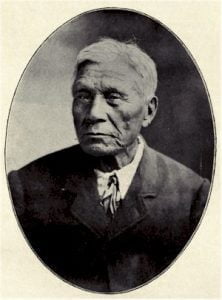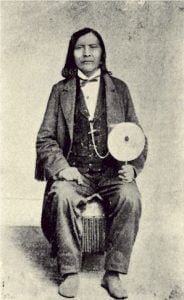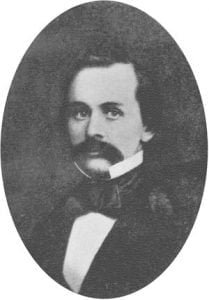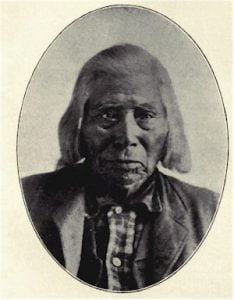Council Between the Officers
Captain Winder, next in command to Colonel Steptoe, Lieutenant Gregg, now senior dragoon officer, and Surgeon Randolph, having come together, fell to discussing their situation. They entertained no doubt as to the intention of the Indians to renew the attack, either during the night or on the following morning. Nearly destitute of ammunition, the command could hardly withstand a single onset. They were outnumbered five or six to one and should a determined assault be made upon them, and the ammunition become entirely spent the survivors would be helpless to prevent being slain on the spot, or captured and subjected … Read more







